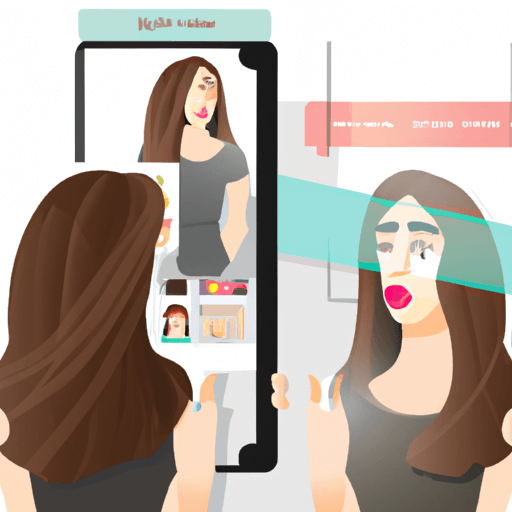Exploring the Correlation between Social Media Usage and Self-perception of Body Image and Self-esteem
Social media has become an integral part of our day-to-day lives. While there are many benefits, it also brings a host of influences that affect our perception of self, especially concerning body image and self-esteem. This article aims to delve into the effects of frequent social media interaction on these aspects and to propose healthy and constructive measures to mitigate their impact.
Social Media and Body Image Perceptions
Noticeable differences in body image perceptions in both men and women have been linked to the frequency of social media exposure. Positive and negative feelings about one’s body may vary depending on the extent of comparison, likes as validation, and the influence on prominent social media figures.
Comparison
Exploring social media platforms often results in comparing oneself with others, consciously, or subconsciously, which can impact the self-image drastically. Seeing posts of people with 'perfect' bodies can result in feelings of envy, inadequacy, and frustration.
Likes as Validation
In today's digital age, social media likes and comments have become a form of validation. This dependency on external validation can make people more conscious about how they present themselves, leading to distorted body image perceptions.
Social Media Celebrities
Influencers and celebrities on social media platforms often create unrealistic beauty standards. These false ideals can cause users to strive for an unattainable body image or extravagance, negatively affecting their self-esteem and body perception.
Psychological and Emotional Effects
Exposure to idealized bodies on social media platforms can lead to body dysmorphia, eating disorders, depression and lower self-esteem. More often than not, these platforms depict airbrushed, edited, and filtered versions of reality, causing a host of psychological and emotional issues.
Coping Mechanisms and Strategies
While it can be challenging to escape the influence of social media, there are constructive ways to manage its impact:
- Media Literacy: Understanding that social media often does not depict reality is essential in breaking the cycle of comparison. Education about the use of filters, photo editing applications, and the practice of selective posting can help in critically analysing media content.
- Mindful Use of Social Media: Reducing the time spent on these platforms and unfollowing accounts that incite negative feelings about one's body can be beneficial.
- Self-Love and Acceptance: Encourage self-love and acceptance by celebrating individual beauty and uniqueness. Focus on positive aspects rather than dwelling on perceived flaws.
- Seeking Professional Help: If the negative feelings persist, consider seeking help from a mental health professional who can provide guidance and coping strategies.
In conclusion, while social media has its advantages, its negative impact on body image and self-esteem cannot be disregarded. Therefore, it becomes crucial to approach it with awareness and a critical mind, to ensure a healthier and more positive self-perception.



















Comments
Leave a Comment